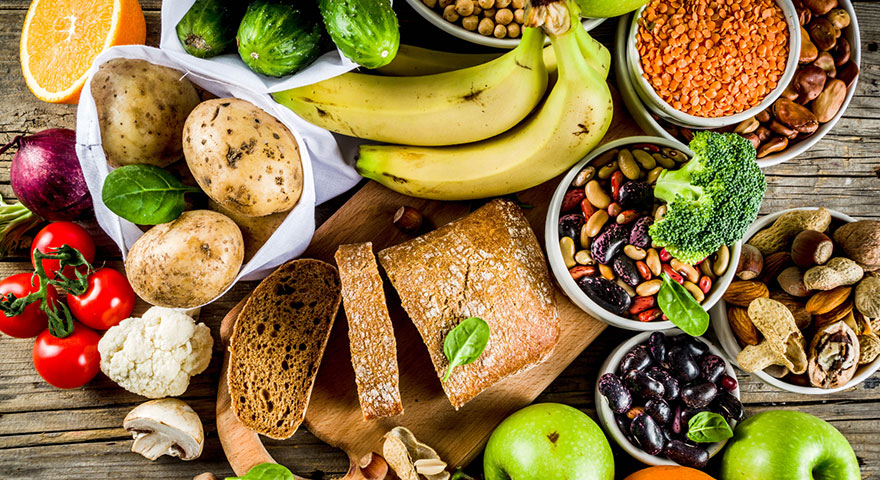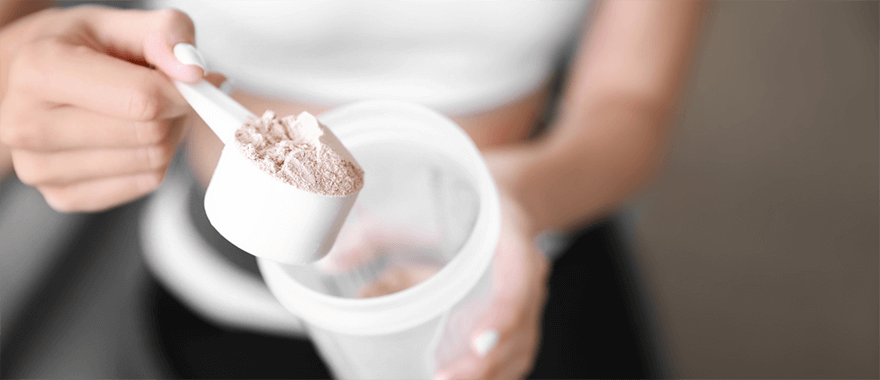What food scoring apps get right (and wrong)

Posted: November 17, 2025
Food-scoring apps are changing the way we shop.
“Food scoring apps like Yuka, Food Check and Bobby Approved let you scan the barcodes of packaged food products and receive a health score,” Natasha Hansen, a senior sports dietitian, said.
These health scores are based on factors such as nutritional quality, the presence of additives and whether something is organic.
“The goal is to help you make more informed and healthier food choices,” Hansen said.
How does Yuka work?
Food scoring apps rate food on a scale from bad to excellent, with each score in increments of 25. The higher the score, the healthier the food choice.
These apps are useful for raising awareness about ingredients and nutrition. But their labeling can be problematic too.
“They often label foods as good or bad. This oversimplification can sometimes trigger fear, guilt, or anxiety around eating,” Hansen said. “It’s important to remember that no food is inherently good or bad.”
Plus, a food-scoring app can’t account for personal diet and nutritional needs.
“Foods provide fuel for our bodies,” Hansen said. “A balanced approach includes both nutrient-dense choices and foods that bring pleasure and enjoyment.”
Food-scoring apps shouldn’t control what’s in your cart.
“Use a food scoring app as a guideline,” Hansen said. “It can help you find nutrient-dense alternatives, but you shouldn’t feel forced to completely avoid your favorite foods. Balance and moderation are key, and your diet should be about sustainability and enjoyment rather than perfection.”





